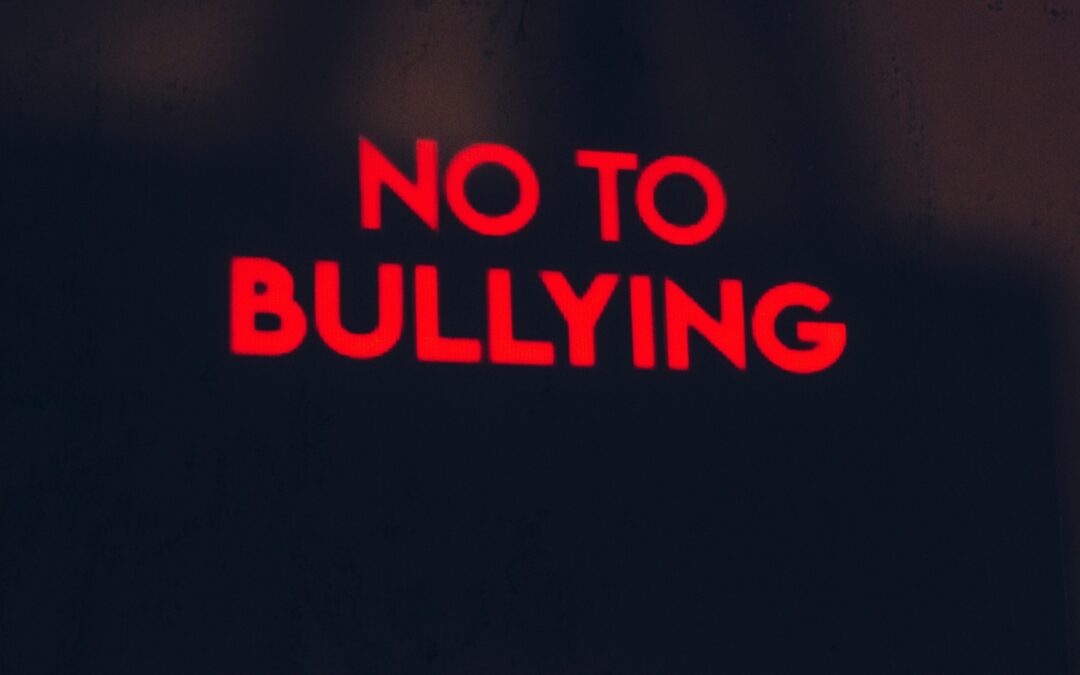Anti-Bullying Week will occur this November from Monday, November 11th to Friday, November 15. This year’s theme is “Choose Respect.” Many may have a general understanding of what Anti-Bullying Week entails. However, it’s necessary to have further discussions and open dialogue on the topics. These conversations are especially necessary in regard to addiction and mental health. So, what better time to have these conversations than during Anti-Bullying Week? That’s what we’ll discuss further today.
What are the risks of long-term bullying? How are addiction, mental illness, and bullying connected? What treatments and resources are available to protect the lives of those struggling with these? These questions are critical to ask as conversations are the first step in reducing stigmas and increasing access to treatment. Of course, if you or someone you love is struggling with addiction, mental illness, or both we encourage you to seek treatment. Call us at West Coast Recovery Centers to learn more today!
So, What Is Anti-Bullying Week?
Though most of us have a pretty clear idea of what bullying is, it might be helpful to define it before diving into Anti-Bullying Week. The official Stopbullying.gov website, managed by the U.S. Department of Health and Human Services (HHS), defines bullying as “unwanted, aggressive behavior among school aged children that involves a real or perceived power imbalance.” These behaviors are either repeated or have the potential to be repeated over time. They can also cause real physical, emotional, and mental harm to kids. The trauma caused by bullying can be so severe that it causes several problems for children that impact their adolescence and teenage years. If left untreated, the impact can even follow them into adulthood.
Additionally, the website lists three types of bullying, which include:
- Verbal bullying: Saying or writing mean things, like:
- Teasing
- Name-calling
- Inappropriate sexual comments
- Taunting
- Threatening to cause harm
- Social bullying: Hurting someone’s reputation or relationships by:
- Leaving someone out on purpose
- Telling other children not to be friends with someone
- Spreading rumors about someone
- Embarrassing someone in public
- Physical bullying: Hurting someone’s body or possessions by:
- Hitting, kicking, punching, or pinching
- Spitting
- Tripping and pushing
- Taking or breaking someone’s belongings
- Making mean or rude hand gestures
Anti-bullying Week is an annual event focused on raising awareness of bullying and encouraging people to take action against it. It was initiated in 2004 by the Anti-Bullying Alliance and has continued going strong for years, with multiple countries now recognizing its significance.
What Can We Really Do About Bullying?
For decades, parents and educational professionals have racked their brains trying to figure out what to do about the bullying crisis. If this issue wasn’t beast enough before, the rise of the internet, social media, and cyberbullying has made bullying more unbearable. Despite best efforts and worldwide events like Anti-Bullying Week, we’re still struggling with how to rid ourselves of this cruel behavior.
While we may not be able to eradicate it, we can try to reduce bullying and keep our children safe by:
- Educating our children and other adults about the dangers of bullying
- Having opening conversations with children, adults, and educators
- Teaching our children respect and how to treat others with kindness
- Help kids understand bullying and encourage them to be vocal about it
- Ensure that your child has a strong support system at home and school
Now, we can all take these steps toward preventing and reducing bullying, but what are the long-term risks?
What’s the Connection Between Bullying, Mental Health, and Addiction?
There’s no way to predict how bullying will impact a child later on in their lives. However, bullying victims are more likely to:
- Experience anxiety, depression, or other mental health conditions
- Struggle with low self-esteem, self-worth, and body image
- Have disruptive sleep cycles
- Engage in self-medicating behaviors, such as substance use
- Self-harm or experiencing suicidal thoughts and ideations
The most significant connection between bullying, mental health, and addiction is that bullying can lead to the development of severe mental health conditions. From there, it’s not uncommon for people – both adults trying to cope with past trauma or adolescents – to cope with drug and alcohol use.
Unfortunately, we see time and time again that self-medicating with substances can lead to dependency. Thankfully, facilities like West Coast Recovery Centers can help treat substance use disorder (SUD) and any other mental health conditions caused by the trauma of bullying.
What Can You Do During This Year’s Anti-Bullying Week?
So, what can you do this year for Anti-Bullying Week? Here are some suggestions:
- Educate yourself on the dangers of bullying
- Have open conversations with kids, parents, and professionals
- Participate in local anti-bullying activities
- Get involved on social media to share stories that inspire others
- Learn and teach your children to choose respect and treat others with kindness
Consider treatment with us if you or someone you love is grappling with the long-term trauma of bullying, even to this day.
Bullying has plagued generations of children for far too long. For years, kids have experienced bullying without anyone truly realizing the long-term damage it can cause. Victims of bullying are at an increased risk of experiencing anxiety, depression, and any number of other mental health conditions. They’re also more likely to experience problems with self-harm, self-medicating with drugs alcohol, and suicidal thoughts and ideations. If untreated, these can lead to severe impairments in one’s ability to function day-to-day, and can even be fatal. Take the steps mentioned above this Anti-Bullying Week to learn more and prevent further harm to others. Individuals struggling with the long-term effects of bullying through addiction should call (760) 492-6509 to seek treatment today!




